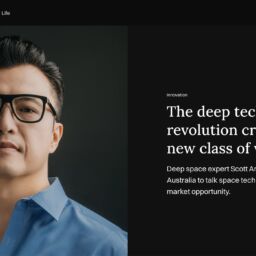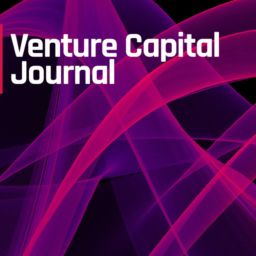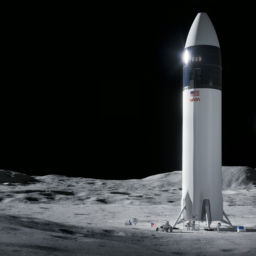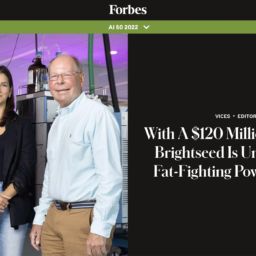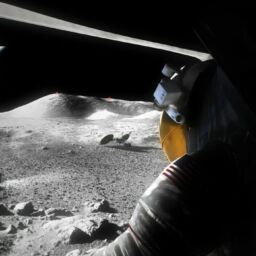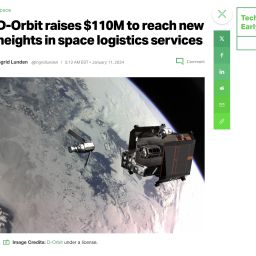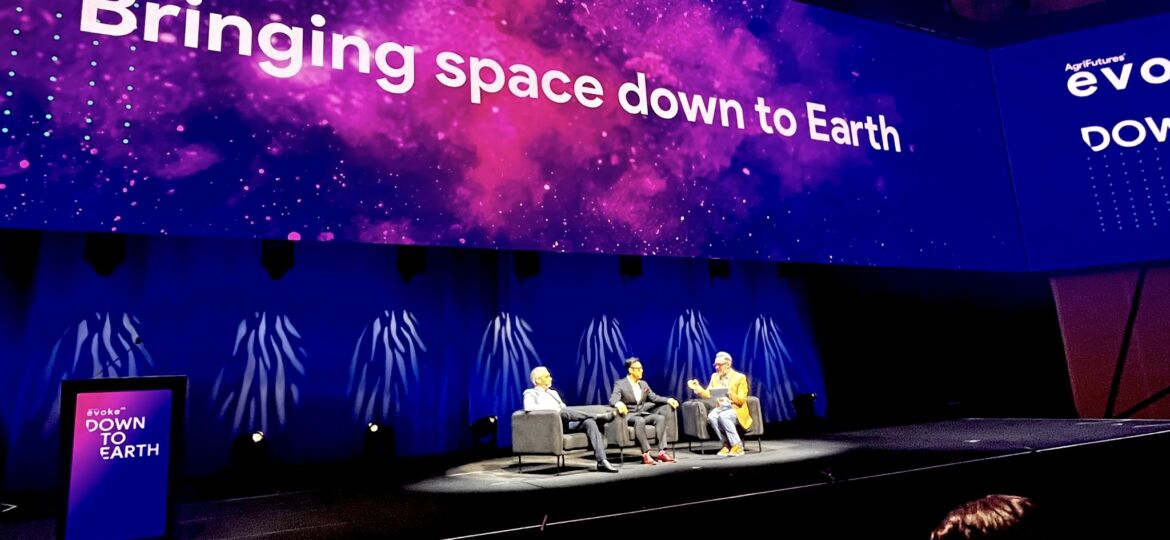
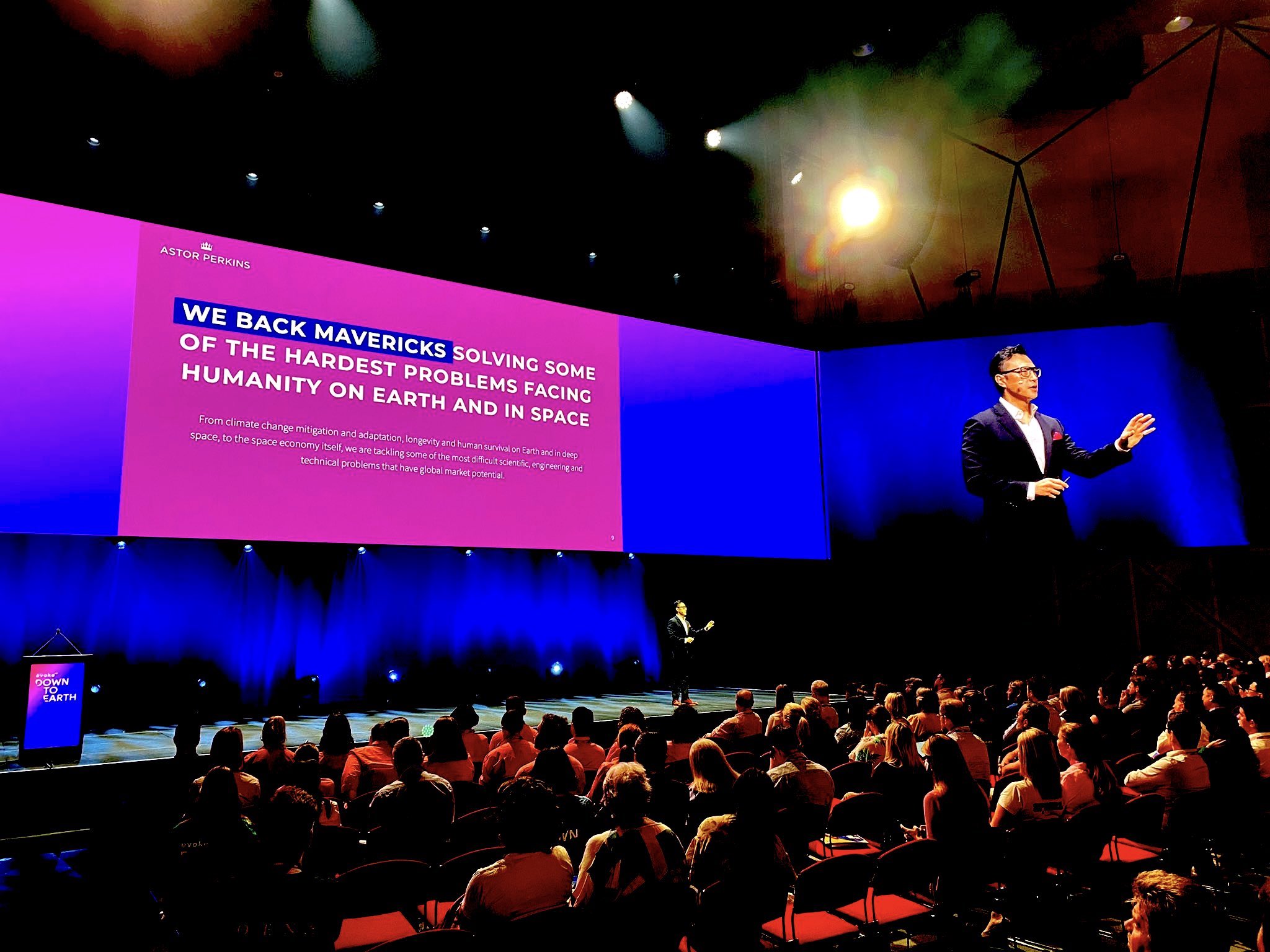
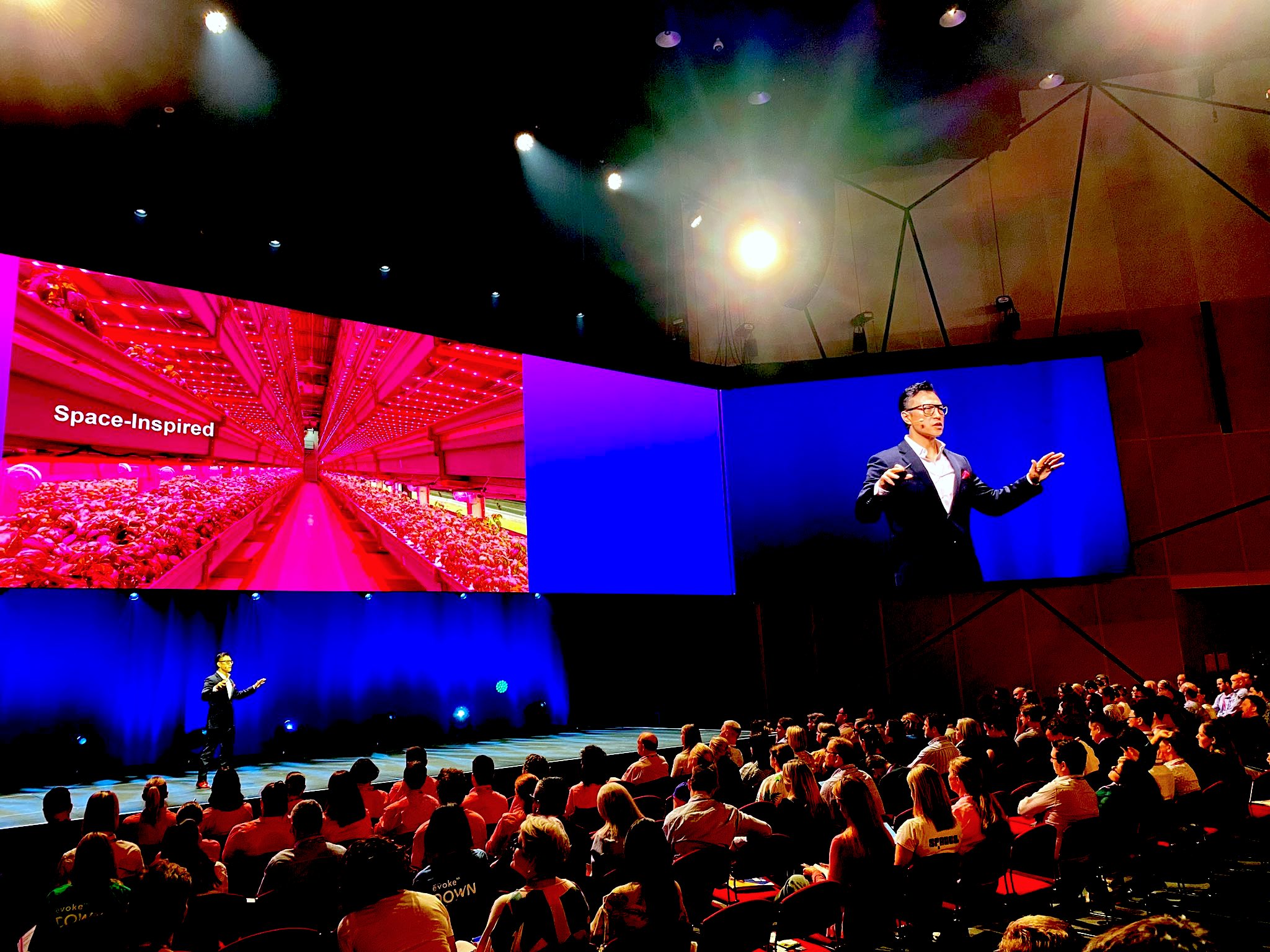
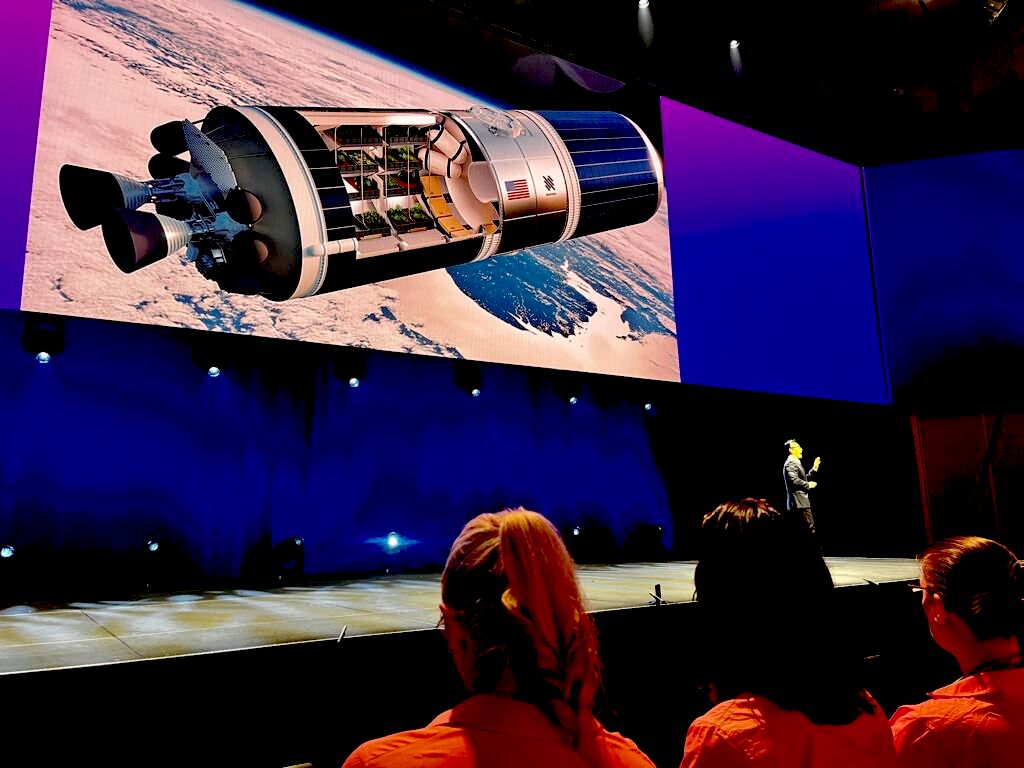
Astor Perkins was featured at EvokeAG, an international agrifood conference held in Adelaide, Australia.
Scott Amyx, Managing Partner at Astor Perkins shared that deep space represents the harshest conditions for agriculture — harmful radiation that can damage plant DNA and adverse impact from microgravity, lighting, pressure, and extreme temperature.
“If you can grow plants in the harsh conditions of space, we can be hopeful that we can overcome challenges that we face here on Earth,” stated Scott Amyx.
Plants play a major role in long-duration missions by providing food, producing oxygen, removing carbon dioxide, and purifying water.
NASA has focused on controlled environment agriculture that combines plant science and environmental control to optimize plant growth inside a closed structure. This includes aeroponics, hydroponics, and aquaponics.
These systems make it possible to filter contaminants from water, deliver the exact nutrients, artificial lighting to nurture growth all year round, and environmental controls for temperature and humidity to prevent diseases.
NASA has been researching space farming to supplement packaged diet with space-grown vegetables. Over the years, they have experimented with plant cultivation, environmental ambient issues, low gravity, lunar soil, and longevity of seeds.
Amyx told the audience, “Coming back down to Earth, we’re only beginning to see the benefits and insights derived from space farming. The lessons learned are inspiring a new generation of farmers.”
After decades of NASA research, the in-door farming industry expanded dramatically in the 1990s. The vertical farming market is projected to reach $7.3 billion by 2025.
These automated indoor vertical farms are ideal for green, leafy vegetables, herbs, and mushrooms. It’s suitable for in or near urban or arid environments.
Research in soil microbiology of plants in space is also helping to spur innovations on Earth.
ABOUT ASTOR PERKINS
Astor Perkins is a deep tech and sustainability VC that backs mavericks solving some of the hardest problems facing humanity on Earth and in space.
From climate change mitigation and adaptation, longevity and human survival on Earth and in deep space, to the space economy itself, We are tackling some of the most difficult scientific, engineering and technical problems that have global market potential.
Sector Coverage
Survival & longevity, biotech, life sciences, health, agtech, foodtech, climate change mitigation & adaptation, sustainability, impact investing, AI/ML/DL/NN, robotics, autonomy, autonomous vehicles, cybersecurity, renewable energy & storage, hydrogen, nuclear fusion, quantum computing, quantum information/ teleportation, space, rockets, satellites, satellite servicing, space tourism, space stations, lunar moon base, asteroid mining, and terraforming.


